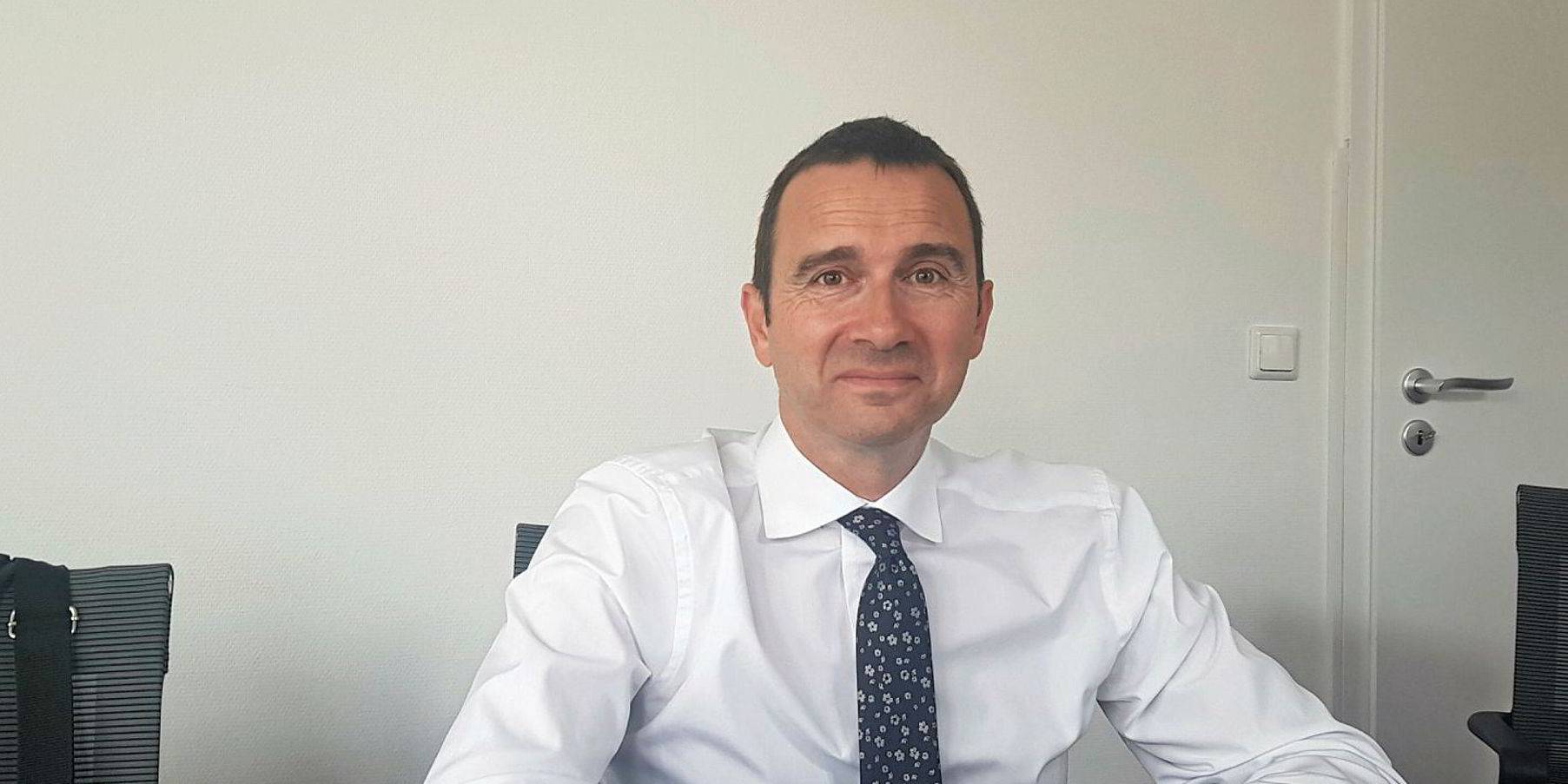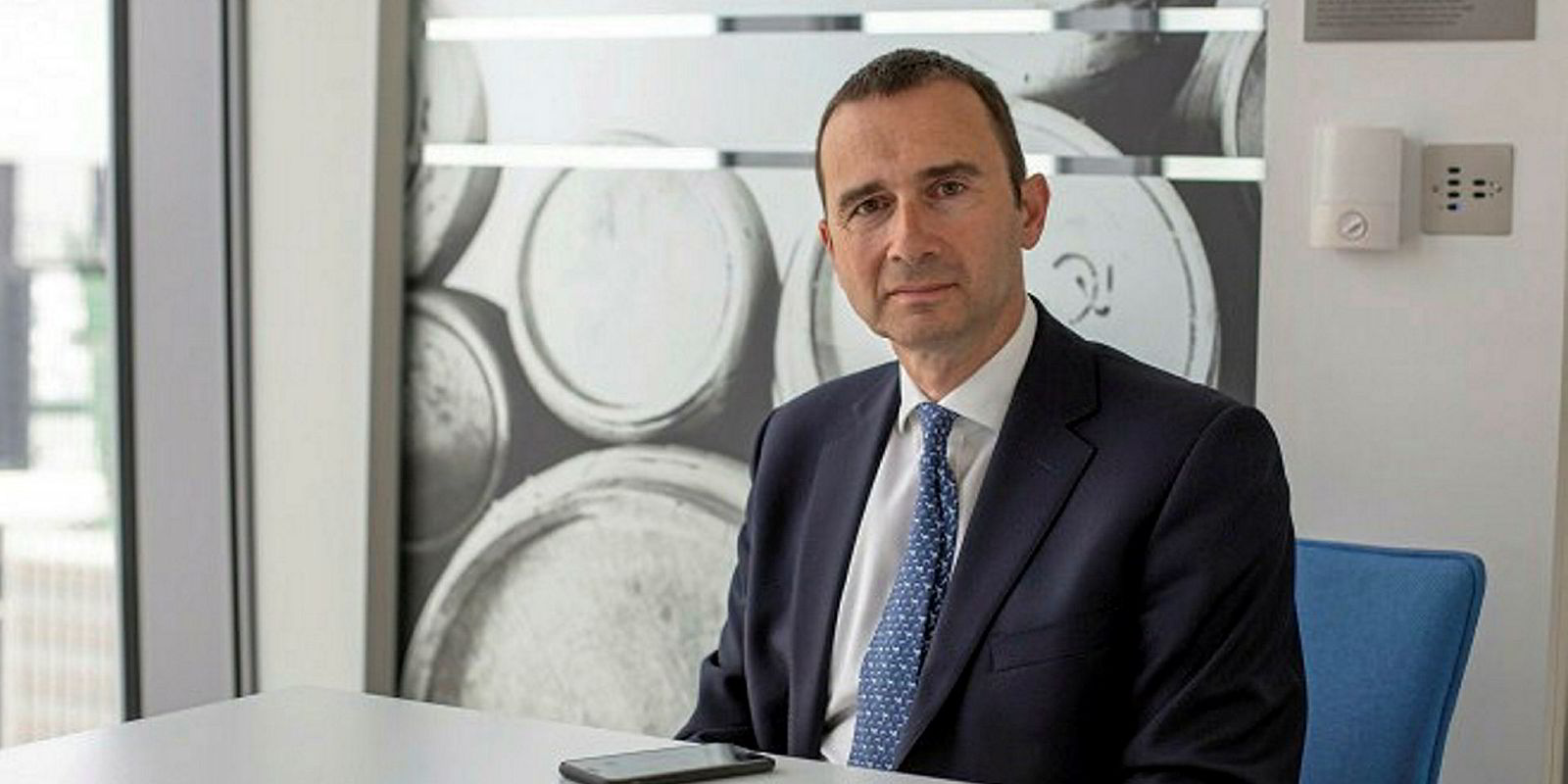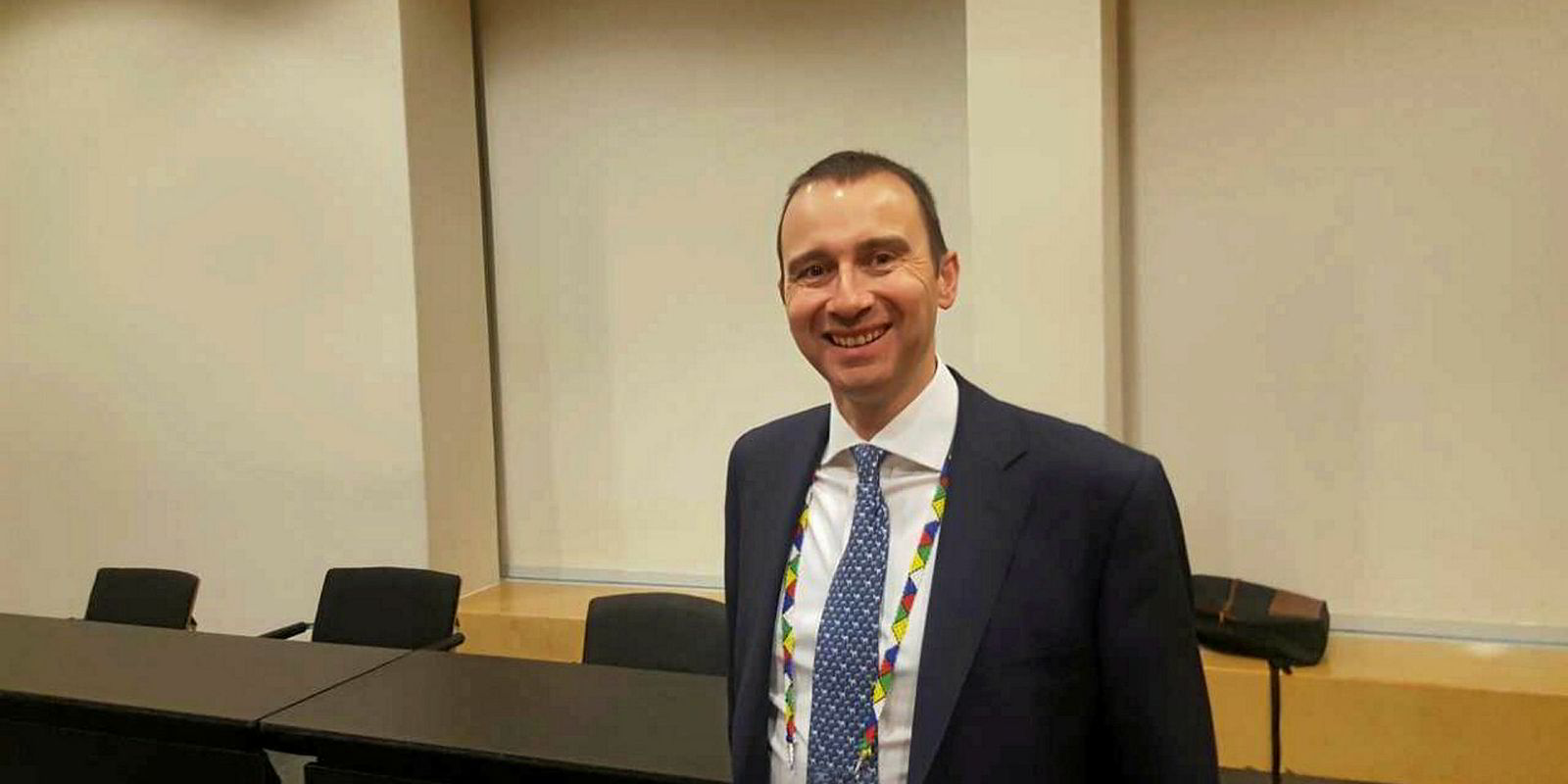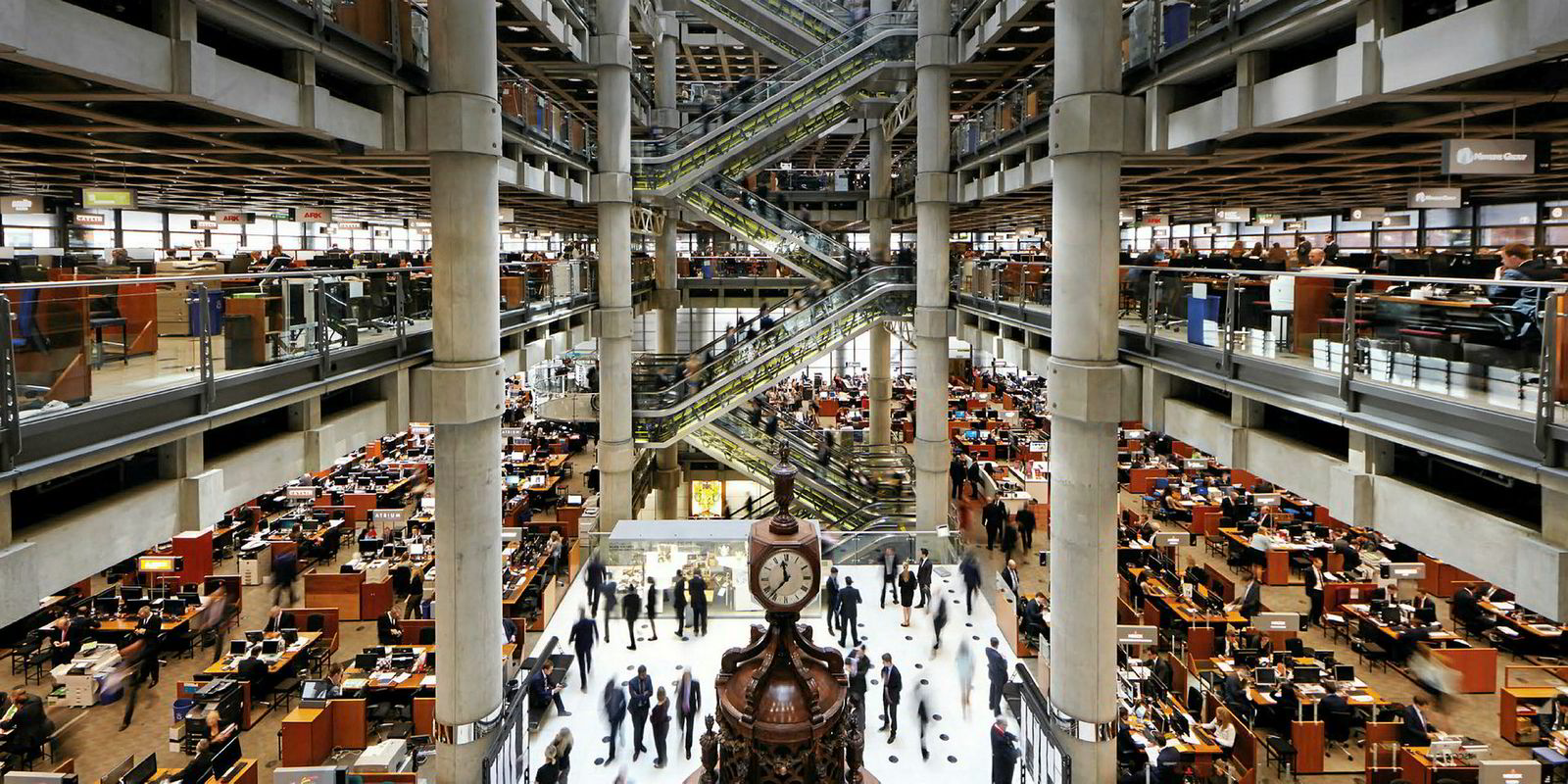RSA Luxembourg chief executive Richard Turner has spent most of his working life in marine insurance, a class of business that has the reputation of being one of the more conservative and traditional speciality lines.
But it is also a sector he sees as going through a period of significant change as a result of market forces and technology.
Even politics is impacting the insurance scene. The UK’s planned departure from the European Union has taken Turner from London to Luxembourg to establish a European outpost for RSA’s European speciality business.
Confronting chaos
The myriad of changes facing the industry is confusing and that is why Turner, in his role as International Union of Marine Insurance (IUMI) chairman, is giving the association’s upcoming conference in Toronto the theme “Confronting the Chaos”.
Turner has identified technology as the key driver for the marine market and he is recommending the industry embraces the changes that lie ahead.
He believes underwriters and brokers have nothing to fear from increasing automation in the placement of business or data tools to understand risk.
“When I came into the industry, one of the things I was taught was who were the good brokers and who were the good leaders you could trust,” he says.
“Getting to know the personalities was part of the skill of writing a portfolio.
"But, going forward, there is probably going to be less reliance on those skills and more on knowing how to manage a portfolio.”
My firm belief is that marine needs to embrace technology in order to move the industry on to the next generation and ensure that it has a future
Richard Turner, chief executive of RSA Luxembourg
'Reluctance to adopt'
While some underwriters and brokers argue the experience and knowledge needed to write marine insurance will defend the sector from technology, Turner takes the opposite view.
“My view is that I don’t think it is the case that marine needs to be the last speciality line to embrace technology,” he says.
“In some respects, one of the biggest threats facing our sector, ironically, would come from a reluctance to adopt the technology.
“We tend to think of this technology as a bad thing and, I do understand people’s livelihoods are likely to be affected and that makes it very emotional.
"But my firm belief is that marine needs to embrace technology in order to move the industry on to the next generation and ensure that it has a future.”
Still, Turner doesn’t think that technology is the answer to everything.
'Best outcome'
“You need to blend technology with human insight and judgement; it is not one or the other,” he says. “The entities which achieve the most success in the future are those that get the best outcome from both ends.”
The IUMI chairman is planning workshops in Toronto for underwriters to sit down together to discuss what the changing role will be in the coming years.
Turner’s job in Luxembourg now oversees all of RSA’s speciality lines. The broader perspective has helped him to see that, by comparison, the marine market’s inherent problem is a high number of relatively low-value claims.
The cost of handling and meeting these multiple claims is one of the reasons he believes premiums cannot be stretched far enough for underwriters to earn a profit.
“The biggest problem the marine sector has faced over the past few years is that the claims ratio is far too high as a consequence of a lot of attrition going through,” he says.
“There is an inefficiency caused by low-level claims — and there are a lot of them. If you take the level of attrition in the sector then, add on expenses and reinsurance costs, the industry has not had enough funding left to pay for large claims.”
Way forward
He believes one way forward will be for underwriters and brokers in the future to adjust their business model to exclude or reduce the influence of such claims.
It will be a brave man that says there will be as many people working in the sector in the future
Richard Turner, chief executive of RSA Luxembourg
However, the focus on excess capacity as the cause of the marine market’s woes has meant there has been a lot of consolidation in the market and that has come at the expense of jobs.
The inevitable consequence of market consolidation and the rise of technology will be that less people work in the industry in the future.
“It will be a brave man that says there will be as many people working in the sector in the future as a consequence of the cuts and merger and acquisition [M&A] activity, and we have seen a succession of M&A’s in the wider sector which have a marine context,” he says.
IUMI is now developing educational modules in various insurance lines to help the next generation of marine underwriters learn the right skillsets to an appropriate standard. The modules can be then taken up in equal measure across the global market.
“IUMI needs to play a more prominent role in education so that, hopefully, young people can see that marine insurance is a good place to be in terms of their careers,” Turner says.







